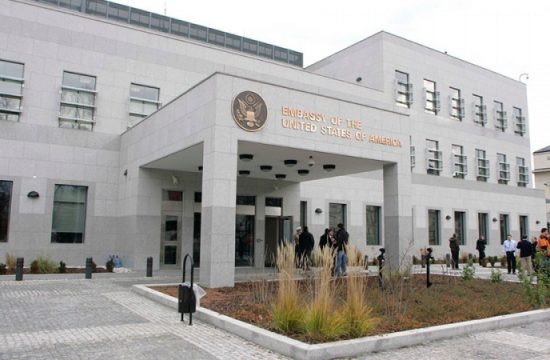
Members of the Roma minority in Bosnia are celebrating their most significant holiday on Thursday according to the Gregorian calendar, Djurdjevdan, or St. George’s Day, which for the formerly nomadic ethnic group marks the return of spring.
For the Roma, the arrival of Djurdjevan once marked the end of the winter and the beginning of a long journey.
N1 visited Kasim Zahirovic as he celebrated the holiday with his family.
The Roma traditionally light a fire, pick flowers and fetch water from a creek in the morning.
The flowers symbolise fertility and birth, the act of washing one’s face with the water symbolises washing away one’s sins and a new beginning, and a fire is a symbol for better days.
Zahirovic also presented an egg, painted in red – “a symbol of love, live and health.”
“Roma save up throughout the year for this day,” he said, explaining that the money is spent on preparing a nice big meal for family and friends.
“It would be a shame if you had a good meal on your table while your neighbour goes hungry,” he added, stressing the importance of sharing on the holiday.
Zahirovic’s wife, Dzemila Zahirovic, explained that their celebration is not as lavish as usual this year due to the coronavirus pandemic and ban on large gatherings.
She explained that usually the fire is used to cook lamb, but this year the family only lit it to honour tradition.
“This will only be a gathering for close family, and only so that we observe our traditional holiday of Djurdjevdan,” she said.
Her husband added that Djurdjevdan gatherings used to be more lavish in general “because people had more money.”
“Many Roma are unemployed, they have no stable income, so the gatherings are getting smaller and smaller every year,” he said.




Kakvo je tvoje mišljenje o ovome?
Budi prvi koji će ostaviti komentar!